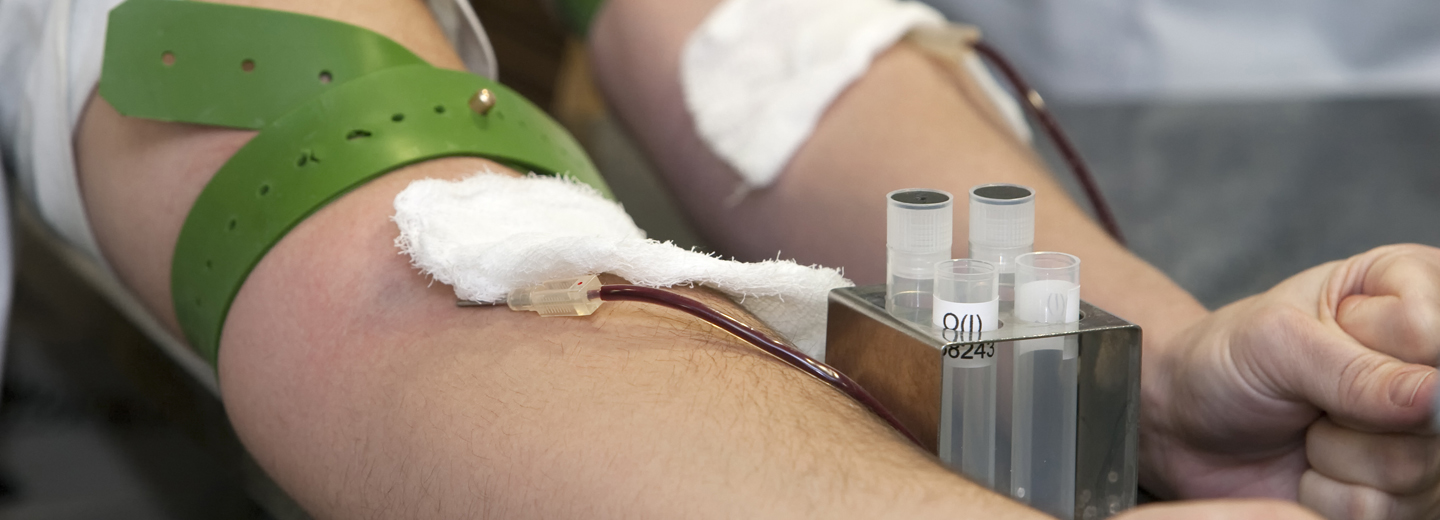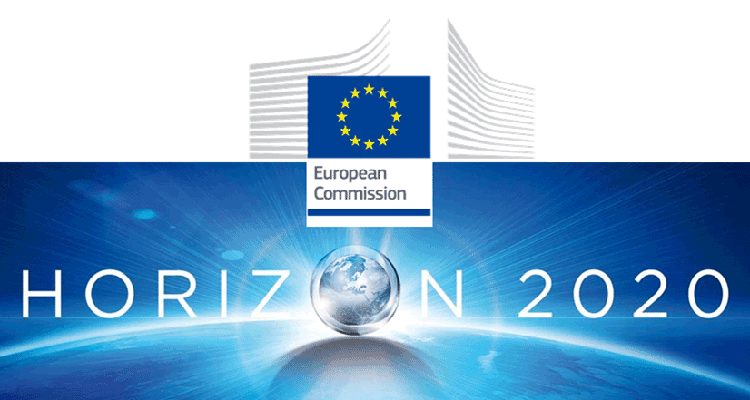
Patients should have more control of their own data
Computer scientists want to improve patient data safety
Medical research based on big data has the potential to transform healthcare, especially when it comes to diagnostics and treatment.
Big data research however, also harbors a risk to sensitive patient data; one example is an attack on servers or internet clouds by cybercriminals.
Now a joint research team from Germany, Austria and Denmark has received an EU Horizon 2020 Research Innovation Action Grant of 4.5 million Euro that aims at securing patient data from hospitals.

The team’s goal is to develop a new cloud infrastructure that does not require any patient data to be sent to a vulnerable central storage. Instead it only exchanges the learned representations which are totally anonymous by default.
Motivating patients to get involved in medical research
This new system will give the patient more control with his or her own data.
Computer scientist Richard Röttger, University of Southern Denmark (SDU), says:
- Patients are often asked if they will share their medical data for research. They should have the right to accept and decline every time a researcher asks permission to use their data. And of course they should have the right to revoke previously given consent at any time. It is crucial that patients can do this easily – it could be with an app or simply by SMS texting. I believe that better patient service may motivate patients to get more involved in medical research, and this may benefit all parts.
Hospitals are not allowed to share health data
Protecting patient data safety and at the same time making it available for research is a huge challenge. Today it is impossible.
It is not unusual that individual hospitals collects patient data, that can never be used by researchers outside that hospital.
Today legal barriers prevent the exchange of raw patient data between institutions, countries, etc. In the EU, this barrier has recently become even harder to overcome due to the EU General Data Protection Regulation, that took effect on May 25th 2018.
Research in rare diseases suffers
- If we talk about, for example, data from patients with a rare disease, each hospital may have a very small database for each rare disease – based on maybe five patients in total. That is a very small database. If all hospitals could find a way to legally and safely share their data, they could together have access to a much larger database for each rare disease, explains Röttger.
A key concern in safety of patient data is storage. For many institutions to have access, the data needs to be accessible in one central repository, i.e. a central cloud.
- Central storage becomes a central point of attack and thus very vulnerable. Our idea is to use machine learning to develop models for sharing information without the need to transfer the data. This will enable the hospital – or whoever the data owner is – to keep full control over the data at any time but they can still cooperate with other institutions, said Richard Röttger.
Using data to improve breast cancer diagnostics
The team also believes that science will gain from the easier access to work with data from other institutions than one’s own.
For example, several genetic tests for diagnosing and treating breast cancer are in use. These genetic tests measure the abundance of selected marker genes to draw their conclusion. The problem is that these marker genes were identified by machine learning methods using data from less than 5000 patients in total.
- 5000 persons are not very many, and there is no doubt that researchers would prefer to have a much larger data set. Alone in EU, there are almost 500.000 new cases of breast cancer per year, but due to current legislation, it is not allowed to include data from these patients in the tests. This illustrates, how very far away from using big data in medicine, we are, says Richard Röttger.
About the project
Projektet skal løbe i fem år. Dets titel er “Trusted digital solutions and Cybersecurity in Health and Care”.
Ledende institution er Technische Universität i München (Tyskland). Partnere: Philipps-University of Marburg (Tyskland), Medical University of Graz, Østrig), Syddansk Universitet, SBA Research gGmbH, University of Maastricht (Holland), Concentris Research Management GmbH, Research Institute AG & Co KG (Østrig), and Gnome Design SRL (Rumænien).
Contact
Richard Röttger is Associate Professor at Department of Mathematics and Computer Science.